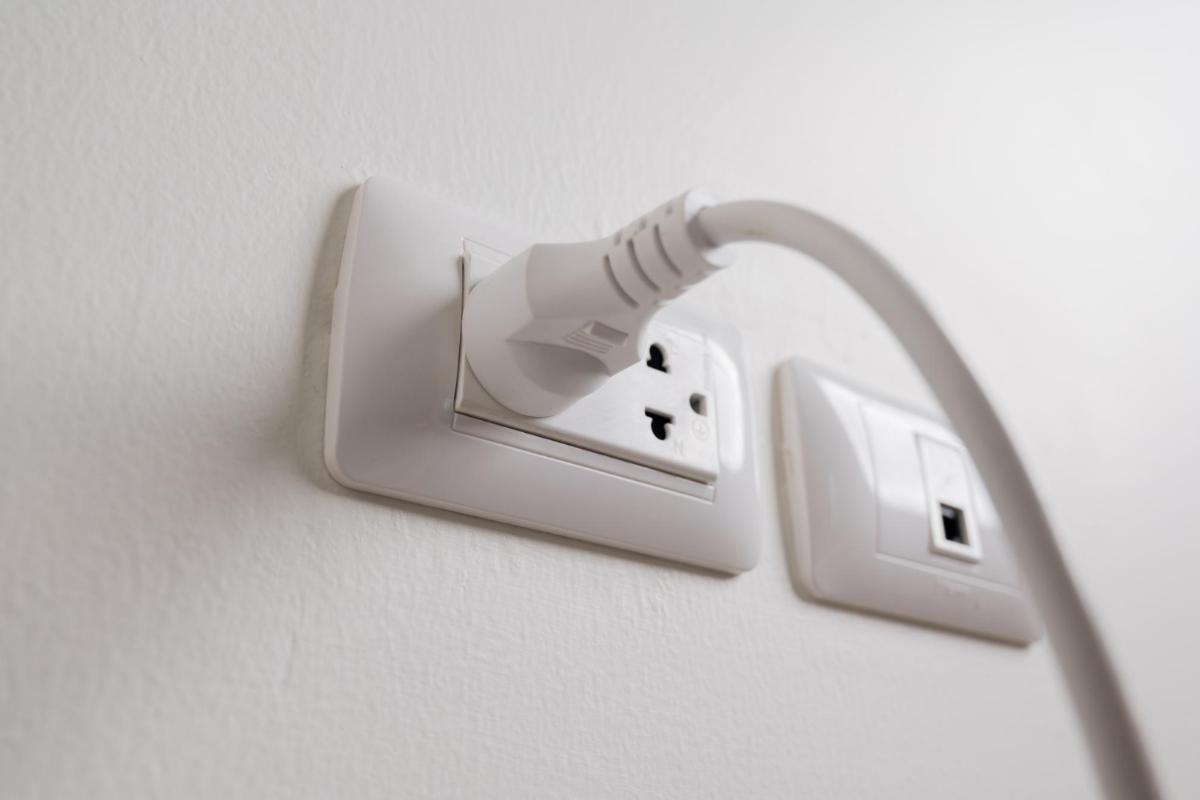Bonded, and Insured.

Adding value to your house and fixing it up through the use of do-it-yourself projects can be an excellent investment. However, electrical projects require experienced electricians in Orlando to do the job right. Do-it-yourself electrical projects can lead to costly mistakes. In addition, amateur electrical work can risk electrocution, potential fire damages, and damages to your entire electrical system. Our experts offer these mistakes that homeowners make when trying to work on their electrical system themselves:
Keeping your home's electrical system safe involves grounding. Electrical surges are harmlessly channeled into the earth when a wire is ground correctly. Connecting equipment that conducts electricity to system grounds is called bonding. Bonding ensures that electrical breakers will trip when short circuits happen. Unfortunately, many homeowners overlook these critical elements of home electrical systems, but professional electricians do not.
All wiring locations near earth or water, like bathrooms, kitchens, and outdoor outlets, require ground fault circuit interrupter (GFCI) outlets to protect from shock risks. However, installing GFCI outlets is complicated because it involves two sets of terminals that can easily be connected wrong by an individual who is not skilled in working with electricity. In addition, there is no existing shock protection when a GFCI outlet is misconnected.
Avoiding overload by testing electrical circuits is an integral part of an electrician’s job. Unfortunately, amateurs working with electricity often overload circuits and risk their safety by exceeding rating standards.
Misconnecting wiring is another common amateur electrical mistake. Amateurs may install wiring with the wrong conduit fittings or without a wire nut, meaning that the fitting is no longer watertight. These connections also lack proper bonding if they are metal. Hard to diagnose issues downstream of electrical connections, and electrical shorts can be created when there are loose wire connections.
A plastic or steel junction box should always be used when adding a new electrical outlet or light fixture. A proper junction box is required anywhere that an electrical connection is made. Loose connections or short circuits can create heat and sparks that are prevented from spreading using a proper junction box. These boxes must be accessible if repairs are needed and must be flush with your drywall. This means they cannot be hidden in floors, ceilings, or walls and cannot be buried.
Firmly attaching electrical outlets is essential. The movement of poorly installed outlets can result in electrical arcing and create potential electrical fire hazards. Electrical arcs and shorts in an outlet can also cause damage to anything plugged into them.
Reversing the neutral and hot electrical wires is possibly one of the most dangerous and common home electrical mistakes. Severe electrical shock and damage to electronics can be caused due to reversing electrical polarity. Licensed electricians in Orlando understand how to correctly install wires, outlets, and switches to prevent this problem.
Using the wrong wires for electrical projects is another problem source. Short circuits or damage to the wires can cause potential overheating and create long-term problems.
Amateur electricians often cut wires too short during attempts at upgrading residential wiring. Failing to leave at least three extra inches of wiring extending from a junction box will likely create poor connections and safety hazards.
Avoid these common household electrical mistakes by hiring a licensed and experienced electrician to do any electrical projects in your home.